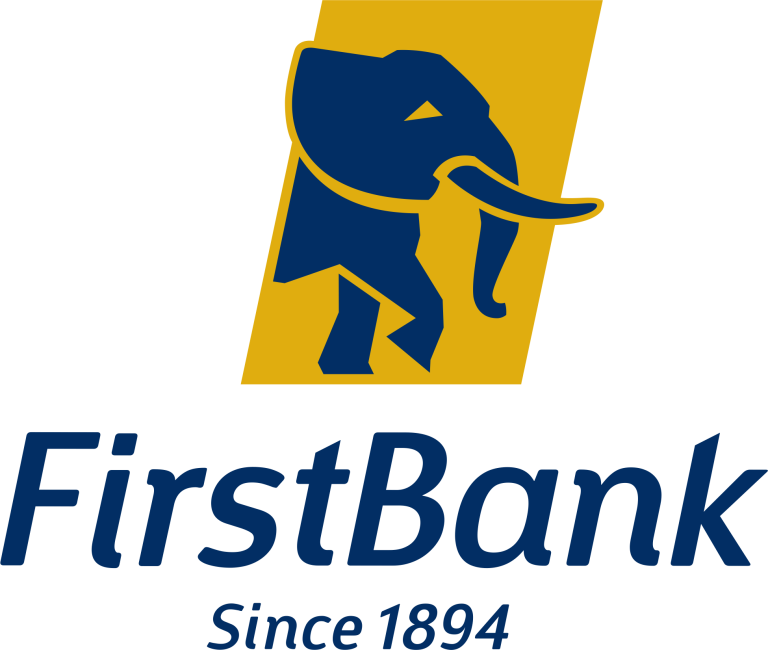The bank’s Managing Director, Mr Olusegun Alebiosu, confirmed this during an SME Scale Up workshop, sponsored by First Bank and Seven-Up Bottling Company on Friday in Lagos.
The workshop hosted 100 Small and Medium-sized Enterprise (SME) Chief Executive Officers from across Nigeria seeking to scale up and expand their businesses effectively.
Its goal was to lower SME failure rates and tackle unemployment by equipping businesses with essential knowledge, skills, and networks for overcoming growth barriers.
Alebiosu said First Bank is Nigeria’s largest SME lender, recognising SMEs as the backbone of every economy and key drivers of national prosperity.
He told the News Agency of Nigeria (NAN) that First Bank operates in every local government in Nigeria and Africa, offering vital support to small businesses.
Alebiosu said the bank, deeply embedded in society, aims to increase SME investments to trillions of Naira in 2025 to enhance economic growth.
“First Bank is highly committed to SMEs, and we remain Nigeria’s leading SME bank,” he said.
Addressing attendees, Alebiosu praised SMEs as major contributors to the economy, being the largest employers and key players in national development.
He explained that SME activities, from sales to taxation, significantly impact Nigeria’s wider economic ecosystem and drive sustainable development.
“In every economy, SMEs serve as the engine of growth,” he noted, stressing their central role in economic expansion and resilience.
He recounted his experiences supporting SMEs as a bank branch manager, pledging to deepen efforts to ensure small businesses thrive even more.
He highlighted awards received by First Bank in Nigeria, Japan, and Indonesia for championing SME growth and supporting entrepreneurial excellence.
Mr Abiodun Famuyiwa, Head of SME Banking at First Bank, emphasised SMEs’ importance, calling them Nigeria’s most critical economic segment.
He said SMEs contribute around 48–49 per cent of Nigeria’s GDP and employ over 80–90 per cent of the population, proving their massive impact.
In 2024, First Bank disbursed over ₦700 billion to SMEs, supporting business growth and driving national development through targeted lending.
Famuyiwa noted that SMEs can access the planned multi-trillion Naira investments in 2025, with no limit to what the bank can provide.
“When I say trillions, it means no limit exists to what we can offer,” he added, reinforcing the bank’s support for SMEs.
He clarified that SMEs need no collateral to access low-interest loans, making funding more accessible and removing common financial barriers.
“When I say non-collateralised, you need no contributions or land titles. Nothing at all,” he said, stressing ease of access to funding.
“Our interest rates are very competitive in today’s market,” Famuyiwa added, assuring SMEs of favourable loan terms and support structures.
He also noted increased focus on female-led SMEs for inclusivity and noted their growing strength in Nigeria’s entrepreneurial landscape.
The free workshop aimed to elevate SMEs from their current business stage, helping them build capacity and overcome growth challenges.
He explained available products, including liability accounts that enable SMEs to access credit easily across different sectors and industries.
Ziad Maalouf, Managing Director of Seven-Up Bottling Company (SBC) Nigeria, led participants through insightful practical sessions during the event.
Maalouf, founder of SME Scale Up, stressed that mindset change is vital for acquiring the right ideas needed for sustainable business growth.
He made slide presentations on skills to prevent “Scaleup Deficit Disorder (SDD)”, equipping SMEs with growth-enhancing knowledge and strategies.
Participants engaged in group presentations, practical sessions, and shared success stories from businesses revived through SME Scale Up.
One business shared how it recovered from bankruptcy to making millions within three months, while another earned over ₦310 million in a year.
Earlier, Maalouf recounted his own bankruptcy and how recovery after 23 years inspired him to mentor others and help them avoid similar mistakes.
The workshop’s theme was “Scale Up Your Business, Soar High,” reflecting its focus on empowering SMEs to achieve greater heights. (NAN)









